Search
Remove Ads
Advertisement
Summary 
Loading AI-generated summary based on World History Encyclopedia articles ...
Search Results
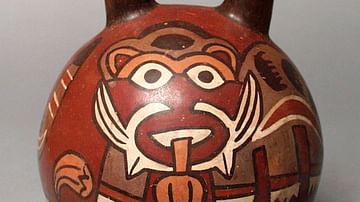
Definition
Nazca Civilization
The Nazca civilization flourished on the southern coast of Peru between 200 BCE and 600 CE. They settled in the Nazca and other surrounding valleys with their principal religious and urban sites being Cahuachi and Ventilla, respectively...
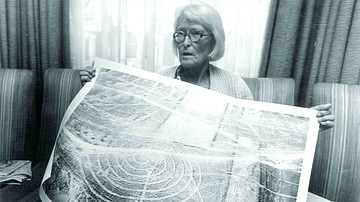
Article
The Nazca Lines: A Life's Work
The World Heritage-listed Nazca lines are a well-known part of the ancient heritage of Peru. One woman spent over 50 years studying and protecting them. Ana Maria Cogorno Mendoza shares the story of Dr Maria Reiche. The lines and geoglyphs...
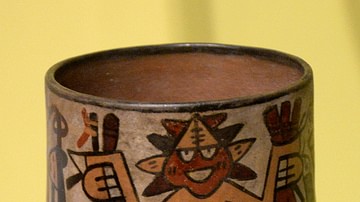
Article
Nazca Pottery
The pottery of the Nazca civilization, which flourished in ancient Peru between 200 BCE and 600 CE, is amongst the most distinctive art produced by any civilization from antiquity. Endlessly inventive both in form and in its use of strong...
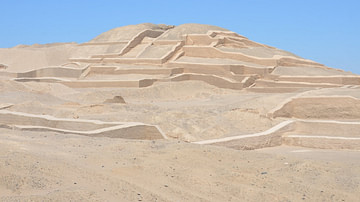
Definition
Cahuachi
Cahuachi, located on the southern coast of Peru, was the most important sacred site of the Nazca civilization. The Nazca flourished between 200 BCE and 600 CE, and Cahuachi covers a similar time period. The site, which was used for harvest...
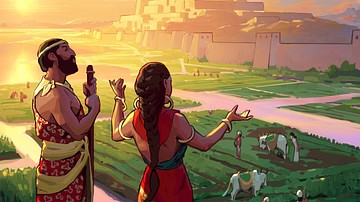
Definition
Civilization
Civilization (from the Latin civis=citizen and civitas=city) is a term applied to any society which has developed a writing system, government, production of surplus food, division of labor, and urbanization. The term is difficult to define...
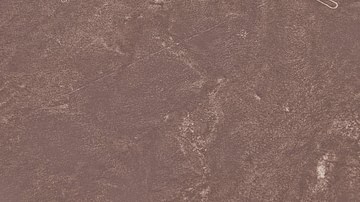
Article
Nazca Lines
The Nazca civilization flourished in southern Peru between 200 BCE and 600 CE and amongst their most famous legacies are the geoglyphs and lines - often referred to as Nazca Lines - along the eastern coast of Peru and northern Chile. The...
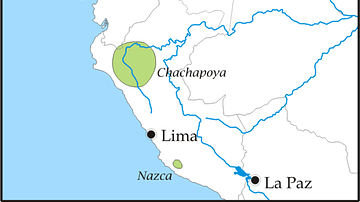
Image
Nazca Civilization Map
A map indicating the location of the Nazca civilization, 200 BCE - 500 CE, on the southern coast of Peru.

Definition
Indus Valley Civilization
The Indus Valley Civilization was a cultural and political entity which flourished in the northern region of the Indian subcontinent between c. 7000 - c. 600 BCE. Its modern name derives from its location in the valley of the Indus River...
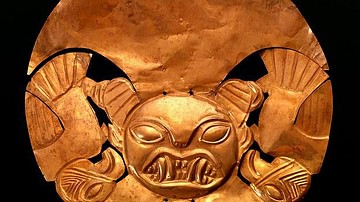
Definition
Moche Civilization
The Moche civilization (also known as the Mochica) flourished along the northern coast and valleys of ancient Peru, in particular, in the Chicama and Trujillo Valleys, between 1 CE and 800 CE. The Moche state spread to eventually cover an...
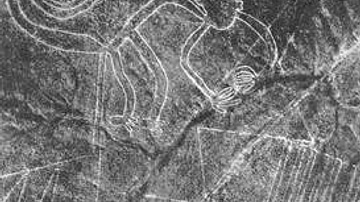
Image
Nazca Line Monkey
Aerial photograph taken in 1953 CE by Maria Reiche (1903 - 1998 CE). Maria Reiche was a German-born Peruvian mathematician and archaeologist who is known for her research on the Nazca Lines in Peru. The photo shows a geoglyph of a monkey...